
Madhu Limaye

Showing all 9 books



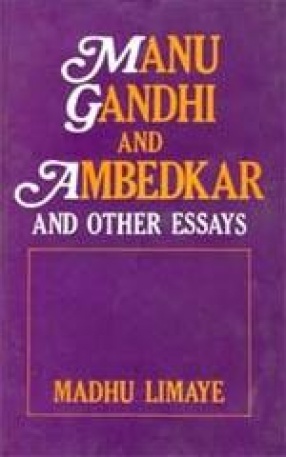
This volume of essays by Madhu Limaye deals with five subjects of great topical interest. The rise of several groups claiming to be the inveterate opponents of the hierarchical order and champions of social justice consider it necessary to attack the Mahatma as a Manuvadi and postulate an irreconcilable conflict between Gandhi and Dr. Ambedkar. The author convincingly shows that while the two started at opposite ends both worked towards the same goal of an ...

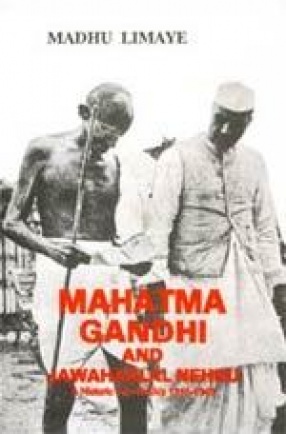
This is the first volume of a three-volume study of the historic partnership between Mahatma Gandhi and Jawaharlal Nehru, the two principal architects of Indian Independence, by Madhu Limaye, himself a participant in the freedom movement and an outstanding intellectual. Their unique relationship is a fascinating subject for study. Not two personalities could have been so dissimilar in their background and psychological make up. It was the ideal of freedom that ...
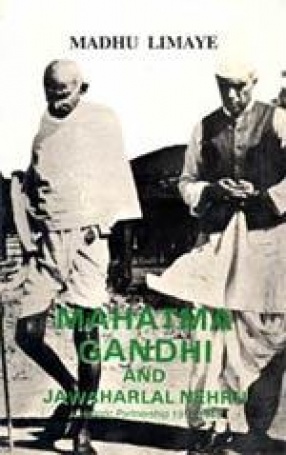
The second volume on the historic ahatma Gandhi and Jawaharlal Nehru relationship discusses the latter’s increasingly crucial role in national politics. It analyses the differing attitudes of Gandhi and Nehru on such important issues such as communalism, the evil of untouchability, the evaluation of the Liberals, emergence of the reformist mentality and property rights. In October 1934 Gandhi withdrew from the Congress as a prelude to handing over the ...
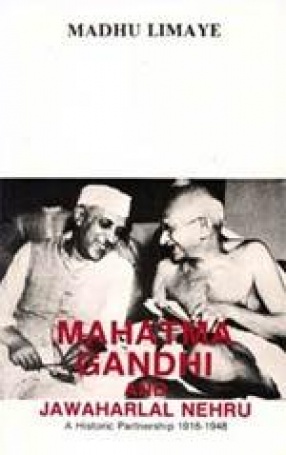
This is the third Volume of the four-Volume study of interaction between Mahatma Gandhi and Jawaharlal Nehru by Madhu Limaya, leading intellectual, scholar, parliamentarian and active participant in the freedom struggle. The period covered in this Volume has been momentous in India’s story. The first Chapters deal with the wpheaval caused by the wholesale arrests of 9 August 1942, Jinnah’s rise as supreme Muslim leader, Gandhi’s fast, his release on grounds ...
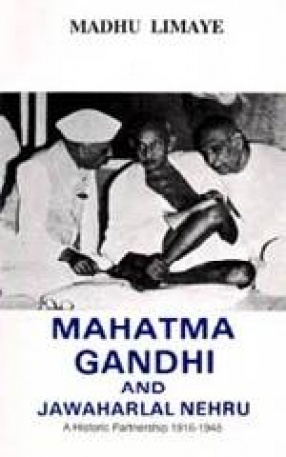
This is the fourth and final volume of Madhu Limaye’s study of the interaction between Mahatma Gandhi and Jawaharlal Nehru, the two most potent influences in modern Indian history. The volume covers the cataclysmic events of 1946-48 which witnessed the paralysis of the Central Government, the widespread communal violence, the acceptance of the Mountbatten Plan, birth of two Dominions, the subsequent mass exodus across the new borders and finally Gandhi’s ...

The book contains Madhu Limaye's essays on some of the most burning questions of the day and some themes of India's freedom struggle. The last essay on Marx is the most contoversial.

This is a well-documented a/c of opposition politics in India. The book records the authoritarian trend after Indira Gandhi victory in 1971. The final of all this was Indira Gandhi's losing her balance after the Allahabad judgement.
